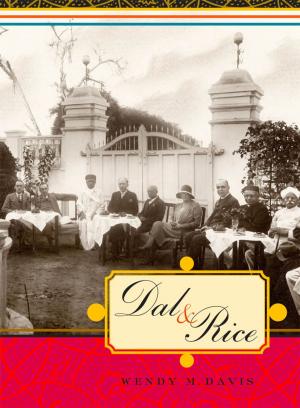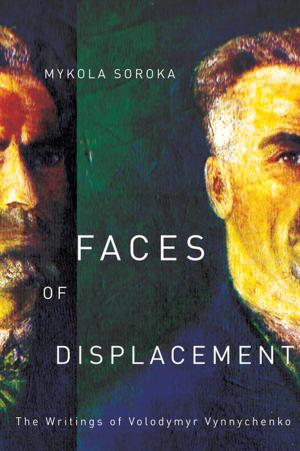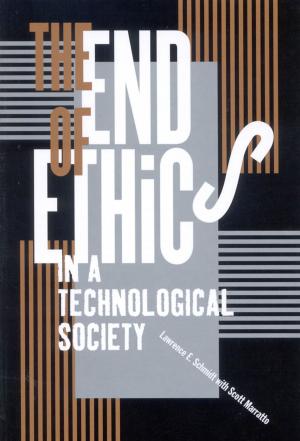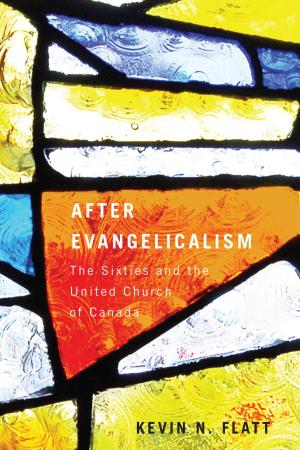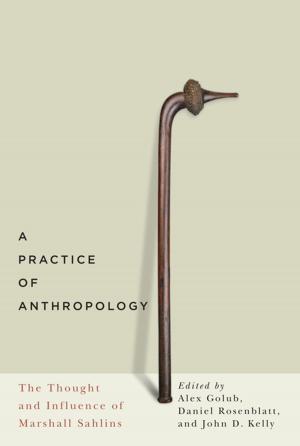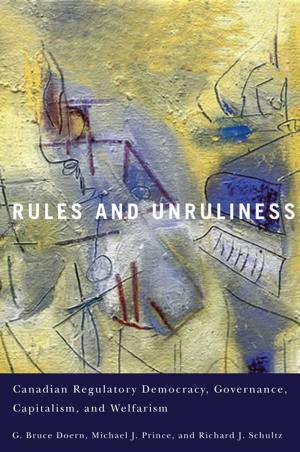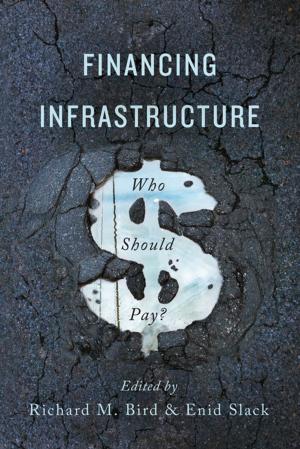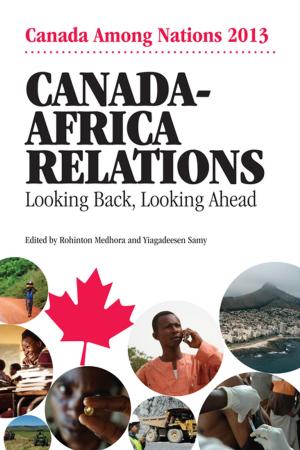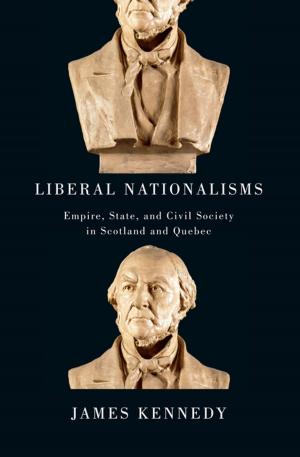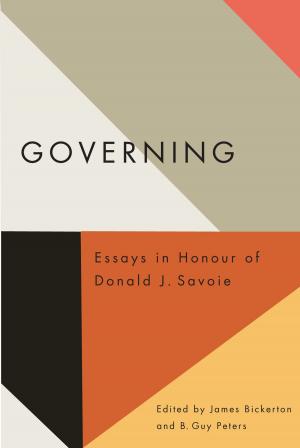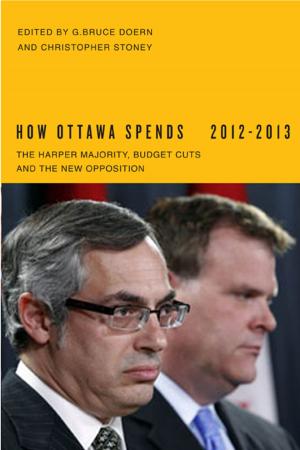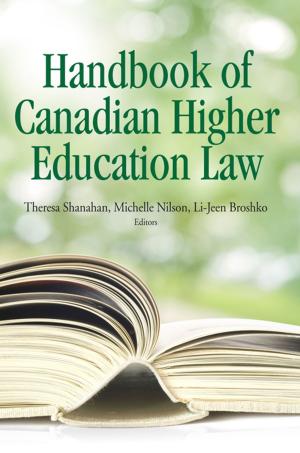| Author: | Steven King | ISBN: | 9780773556515 |
| Publisher: | MQUP | Publication: | February 28, 2019 |
| Imprint: | MQUP | Language: | English |
| Author: | Steven King |
| ISBN: | 9780773556515 |
| Publisher: | MQUP |
| Publication: | February 28, 2019 |
| Imprint: | MQUP |
| Language: | English |
From the mid-eighteenth century to the early nineteenth century, the English Old Poor Law was waning, soon to be replaced by the New Poor Law and its dreaded workhouses. In Writing the Lives of the English Poor, 1750s-1830s Steven King reveals colourful stories of poor people, their advocates, and the officials with whom they engaged during this period in British history, distilled from the largest collection of parochial correspondence ever assembled. Investigating the way that people experienced and shaped the English and Welsh welfare system through the use of almost 26,000 pauper letters and the correspondence of overseers in forty-eight counties, Writing the Lives of the English Poor, 1750s-1830s reconstructs the process by which the poor claimed, extended, or defended their parochial allowances. Challenging preconceptions about literacy, power, social structure, and the agency of ordinary people, these stories suggest that advocates, officials, and the poor shared a common linguistic register and an understanding of how far welfare decisions could be contested and negotiated. King shifts attention away from traditional approaches to construct an unprecedented, comprehensive portrait of poor law administration and popular writing at the turn of the nineteenth century. At a time when the western European welfare model is under sustained threat, Writing the Lives of the English Poor, 1750s-1830s takes us back to its deepest roots to demonstrate that the signature of a strong welfare system is malleability.
From the mid-eighteenth century to the early nineteenth century, the English Old Poor Law was waning, soon to be replaced by the New Poor Law and its dreaded workhouses. In Writing the Lives of the English Poor, 1750s-1830s Steven King reveals colourful stories of poor people, their advocates, and the officials with whom they engaged during this period in British history, distilled from the largest collection of parochial correspondence ever assembled. Investigating the way that people experienced and shaped the English and Welsh welfare system through the use of almost 26,000 pauper letters and the correspondence of overseers in forty-eight counties, Writing the Lives of the English Poor, 1750s-1830s reconstructs the process by which the poor claimed, extended, or defended their parochial allowances. Challenging preconceptions about literacy, power, social structure, and the agency of ordinary people, these stories suggest that advocates, officials, and the poor shared a common linguistic register and an understanding of how far welfare decisions could be contested and negotiated. King shifts attention away from traditional approaches to construct an unprecedented, comprehensive portrait of poor law administration and popular writing at the turn of the nineteenth century. At a time when the western European welfare model is under sustained threat, Writing the Lives of the English Poor, 1750s-1830s takes us back to its deepest roots to demonstrate that the signature of a strong welfare system is malleability.

